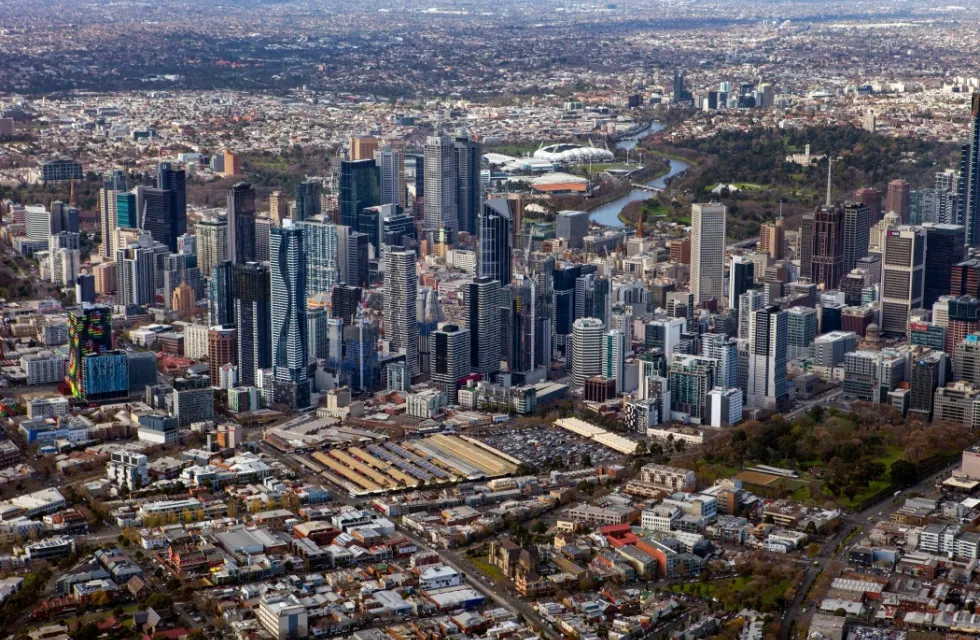The strategy shows how we can build the economy of the future, and attract and retain diverse and high-value jobs for current and future generations. It details the actions necessary to ensure a healthy environment and foster an inclusive society.
The final strategy was endorsed by Council on 29 June 2021.
Eight key priorities
Our key priorities will drive economic recovery and create the conditions for a strong, adaptive, sustainable and thriving future city economy. Under these priorities there are 41 actions across the immediate, medium and long term.
We will implement these actions by leading on delivery, collaborating with others and advocating for change.
- A business-friendly city: Building the recovery on new business formation, investment and growth
- A creative resurgence: Designing a new value proposition for the city
- Post-COVID 3000: Increasing the supply of housing for city workers
- Beyond the office: Stimulating a mix of industries through precincts and innovation
- Unlock climate capital: Transitioning to a leading low-carbon economy
- Diverse city: Leveraging Melbourne’s diversity as an asset to society and the economy
- Digitally connected city: Adapting to connectivity as a knowledge-enabled, smart city
- A joint effort: Collaborating for a thriving city economy.
Strategy progress update: February 2024
Melbourne’s economy is growing strongly and is on-track to reach the Economic Development Strategy targets by 2031.
The city economy has seen strong gains in:
- the economy – which has grown by 4.85 per cent to $114 billion
- jobs – grew to 480,600 – on track to our goal of 600,000 by 2031
- local impact of jobs – each job in the city has contributed $237,000 on average to the economy
- shopfront vacancies – continue to fall, more than halving from its peak in November 2021.
All 41 actions of the strategy are in progress or complete, including:
- The creation of the city’s first Business Concierge service, supporting city businesses with one-on-one advice and generating $55 million for the local economy
- Establishing Invest Melbourne, which has delivered more than 60 projects and facilitated two new major business headquarters in the city
- Delivered the Melbourne Climate Network, an industry-led cluster bringing economic growth and zero-carbon jobs.
The progress report was tabled at the Future Melbourne Committee meeting on 6 February 2024.
*Latest economy insights were measured by the Census of Land Use and Employment data (CLUE).



